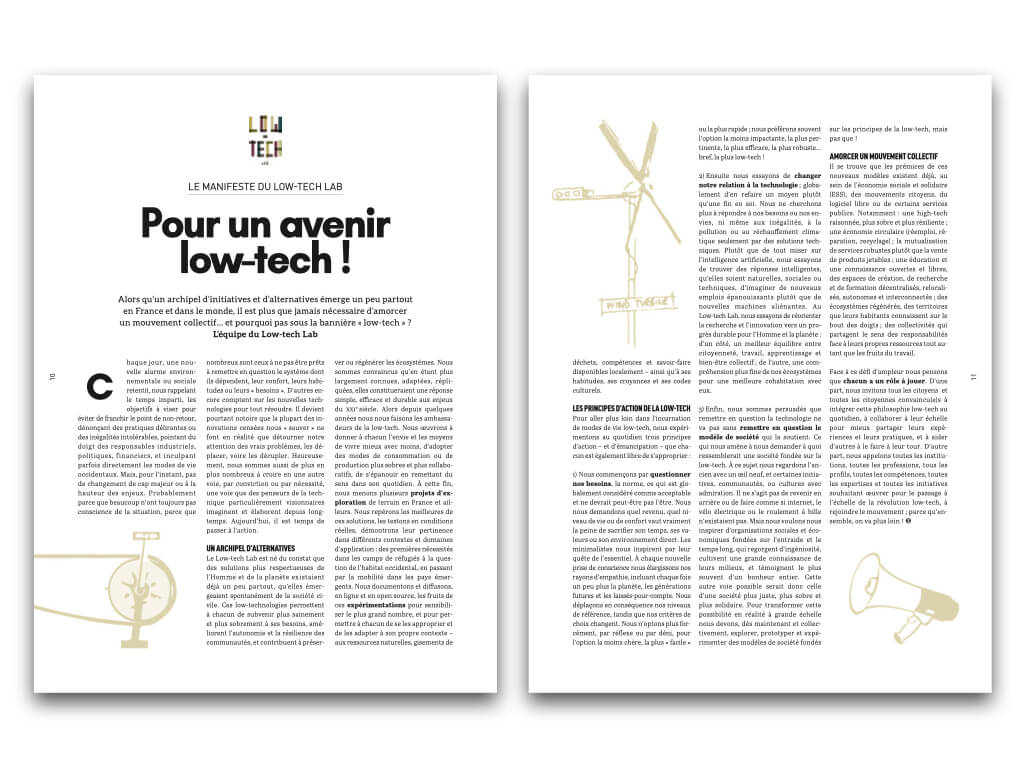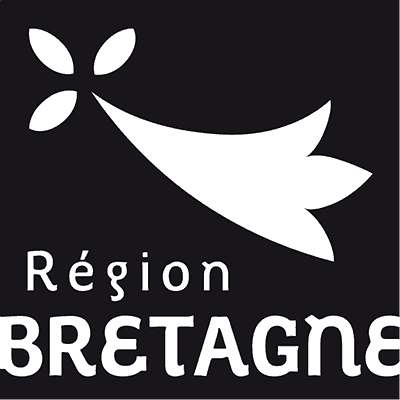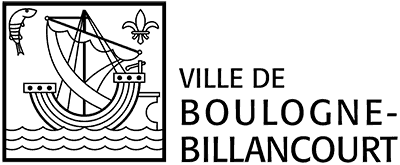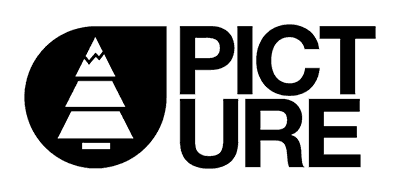Low-tech's Manifesto : The future is low-tech !
Publication Date : May 2019
Authors : Low-Tech Lab
We are starting to see pockets of resistance emerge, in France and around the world, that offers an alternative. Now more than ever it’s necessary to start a collective movement… Why not under the banner “low-tech”?

Every day a new environmental or societal alarm rings. Every day a bell tolls, a reminder that we must achieve our goals before we cross the point of no return. Every day the shrill cry of a siren wails, a denunciation of mad practises, of intolerable inequality, of it all. It’s an indictment on our industrial, political and financial leaders. Sometimes it is a direct indictment upon the Western way of life.
For now, there are no major changes being undertaken at the upper echelons of society. Probably because most people haven’t been aware of the situation, because many of them are not ready to call into question the system upon which their comfort, their routine or their “needs” depends. Others still count on new technologies to be the panacea. It is notable, however, that the majority of innovations meant to “save” us, in reality, do nothing more than divert our attention from the real problems, and in moving our focus away from the important issues, perhaps multiplies them. There are those of us who believe there is another way, and thankfully, that number is increasing. Some have been swayed by their convictions, others have been swayed by necessity. This alternative is a visionary technique that intellectuals have been devising and formulating for a long time. Today, it’s time to act.
AN ISLAND OF ALTERNATIVES
Low-tech was born from the realisation that the most environmentally friendly and humanitarian solutions already exist around us. These solutions spontaneously emerge from civil society. Thanks to low-technologies everybody can support themselves healthily, without pretension. Low-technologies also promote autonomy and resilience within communities while contributing to the preservation and regeneration of ecosystems. We’re convinced that as they become more ubiquitous, adapted and replicated, low-technologies will form simple,effective and sustainable answers to the challenges of the 21st century.
It’s for this reason that we’ve spent the last few years making ourselves ambassadors for low-tech. We’re working towards giving everyone the desire and the means to live better with less, to adopt more sustainable and collaborative methods of consumption and production, to blossom and give meaning to their daily lives. For this purpose, we lead lots of exploration projects in the field, in France and elsewhere. We identify the best alternatives, testing them in real conditions while demonstrating their relevance in different contexts and areas of application : this runs the gamut from basic necessities in refugee camps to the question of Western housing, all the way through to transportation in developing countries. We record and disseminate, online and through open source software, the findings of these experiments to promote awareness to the public. This allows everyone to take what they need from these findings and to apply it to their own environment (e.g. natural resources, waste deposits, fonts of local knowledge and expertise) as well as their ways of life, beliefs and cultural norms.
LOW-TECH’S PRINCIPLES OF ACTION
We not only try to embody a new way of living, we try to take the ideas of low-tech and take them as far as we possibly can. Every day we experiment with three principles of action – and emancipation – that’s available for everyone to adapt to their own needs :
-
We start by questioning our needs, the status quo, what’s generally considered acceptable by most but probably ought not to be case. We ask ourselves what income, what quality of life or comfort is really worth sacrificing our time, our values or our immediate environment. Minimalists inspire us with their quest for the essential. Every wake-up call forces us to think about the well-being of others. The planet, future generations and those left behind are, bit by bit, brought to the fore of our awareness. Accordingly we shift our benchmarks, whereas our selection criteria changes. We no longer necessarily choose, out of reflex or denial, the cheapest, “easiest” or fastest option; we often prefer the least impactful option, the most relevant, effective and robust option… in short, the most low-tech option !
-
At last we are trying to change our relationship with technology ; overall rebuilding technology as a means rather than an end in and of itself. We no longer seek to respond to our needs or our desires, or even to inequalities, pollution or to global warming solely through technological solutions Rather than betting everything on artificial intelligence, we try to find intelligent answers, whether natural, social or technical, to imagine new methods that fulfil us rather than new machines that alienate us. At Low-Tech Lab we are trying to reorient research and innovation towards sustainable progress for humanity and the planet: on one hand, a better balance between civic duty, work, learning and collective well-being; on the other, a finer understanding of our ecosystem and how to live harmoniously within it.
-
Finally, we’re convinced that questioning technology also entails challenging the social model which supports it. This leads us to the question, what would a society based on low-tech look like ? On that note, let’s look at the old in a new way, let’s look at particular initiatives, communities and cultures with admiration. It’s not a question of turning our backs on the innovations of those who came before us, or pretending that the internet, the electric bike or ball bearings never existed. We want to be inspired by social and economic organisations founded upon mutual aid, that are looking to the future, organisations which are brimming with ingenuity, that nurture a greater understanding of their communities, and most often witnesses an increased quality of life for everyone. This other possibility would therefore be that of a fairer, more sober and more supportive society. To transform this possibility into reality on a large scale we must collectively and with urgency explore, prototype and experiment with social models based upon the principles of low-tech, but not just that !
TRAILBLAZING A COLLECTIVE MOVEMENT
It turns out that the beginnings of these new models already exist within organisations such as the économie sociale et solidaire (ESS) Social and Inclusive Economy, citizen’s movements and are made available through open source software or certain public services. In particular: a reasoned, more sober and resilient high-tech; a circular economy (reuse, repair, recycling); pooling robust services rather than selling disposable products; open, free education and knowledge, decentralized, relocated, autonomous and interconnected spaces for creation, research and training; regenerated ecosystems, territories that their inhabitants know inside out; communities that share a sense of responsibility for their own resources as well as the fruits of labour.
Faced with a challenge of this magnitude, we believe that everyone has a role to play. On the one hand, we invite every convinced citizen to integrate the low-tech philosophy into their every day life, to collaborate at the local level to better share their experience and skills and to help others do the same. On the other hand, we call on all institutions, all professions, all the experts, every sector of society regardless of your qualifications and all initiatives that wants to blaze the trail for the low-tech revolution, to join our movement ; Because together, we can go further !



